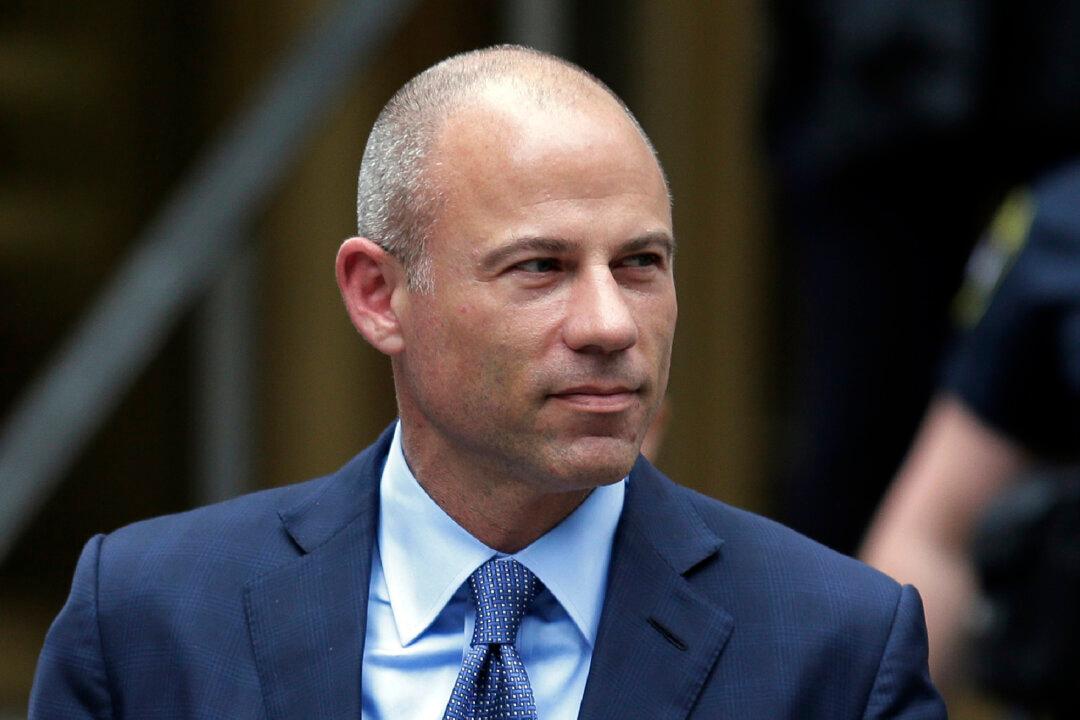SANTA ANA, Calif.—Suspended attorney Michael Avenatti, who rose to fame representing adult film actress Stormy Daniels in her litigation against former President Donald Trump, was sentenced in Orange County Dec. 5 to 14 years in federal prison for tax and wire fraud.
U.S. District Judge James V. Selna said Avenatti’s sentence would run consecutively—or on top of—the five years he is already serving for convictions in New York for an extortion scheme against Nike, and for stealing from Daniels. That brings his total time to about 19 years in prison for the 51-year-old, who will have to serve at least 85 percent of the sentence.





